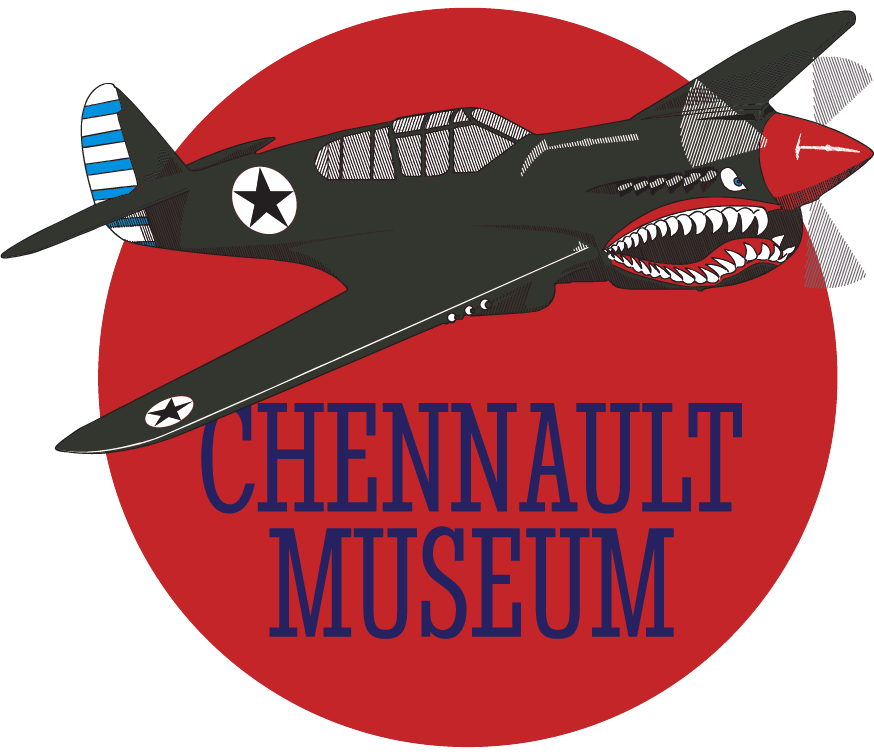Veteran Outreach
DISABLED AMERICAN VETERANS
Navigating the transition from service to civilian life is not always easy and no veteran should have to experience it alone. Disabled American Veterans (DAV) provides a lifetime of support for veterans of all generations and their families in positive, life changing ways.
The General Claire Chennault Flying Tigers Chapter 51 is housed at the Chennault Aviation & Military Museum. The chapter has helped veterans secure over 2 million dollars annually in benefits since its inception. Chapter co-founder Michael Shaw works tirelessly to help veterans, and in 2019 helped 300 veterans expand their benefits.
The chapter also operates a van service from Monroe to Jackson, MS for medical appointments.
Veterans are encouraged to contact Michael Shaw for information on expanding their benefits. Call Michael at 318.237.9680 today.
VETERANS ORAL HISTORY
CAMM's Veterans Oral History program is in partnership with the Library of Congress American Folklife Center Veterans History Project which collects, preserves, and makes accessible the personal accounts of American war veterans so that future generations may hear directly from veterans and better understand the realities of war.
The Veterans Oral History program collects first-hand accounts of U.S. Veterans of all American wars. Oral history refers both to a method of recording and preserving oral testimony and to the product of that process. It begins with an audio or video recording of a first person account made by an interviewer with an interviewee (also referred to as narrator), both of whom have the conscious intention of creating a permanent record to contribute to an understanding of the past. A verbal document, the oral history, results from this process and is preserved and made available in different forms to other users, researchers, and the public.
All veterans, whether they saw combat or not, are encouraged to participate in the program. The veteran is interviewed on camera by a CAMM volunteer. The recording is sent to the Library of Congress to be preserved forever. The veteran is also given copies of their interview.
It is important to the legacy of our country that every veteran's story is preserved. Veterans or their families can contact the Museum at 318.362.5540 to arrange their interview today.
PTSD CLINICS
About our PTSD Clinics
Chennault Aviation & Military Museum takes an active role in veteran and community outreach. A free PTSD support group for combat veterans is hosted in the Museum's library twice monthly. The groups are led by a Vietnam Veteran with a PhD in Psychology. All generations of combat veterans are invited to join the group from 2:30 to 4:00 PM each month on the first and third Wednesday.
Interested in joining the clinics? Contact the Museum today at 318.362.5540.
About Veterans' PTSD
People in the military can develop PTSD from trauma that occurs in combat, such as witnessing other people be killed or seeing dead bodies on the ground or receiving threats to their lives. However, PTSD may occur as a result of trauma not only during combat, but also during training or even in times of peace.
"Mind Overboard" by Arthur Edwards
Inside myself surrounded by an ocean called "emotions". Day to day it is a constant struggle but I am still afloat, thank God for a lifeline called hope! I was raised to be good but now I'm a monster on a mission, the only person I seem to scare is myself. When I look into a mirror I don't see my double... My image reflects a combat soldiers' trouble. I desperately need to be able to say: "I was lost but now I am found, I was blind but now I see!" PTSD has wounded me... I don't walk with a limp nor do I have visible scars, but a prisoner I am behind emotional bars! I am serving a self imposed life sentence without the benefit of parole... Somehow I must find the strength to say: "Enough is enough you are free to go... time served!"

